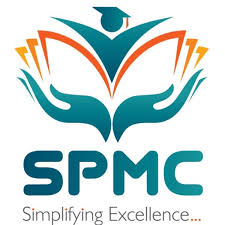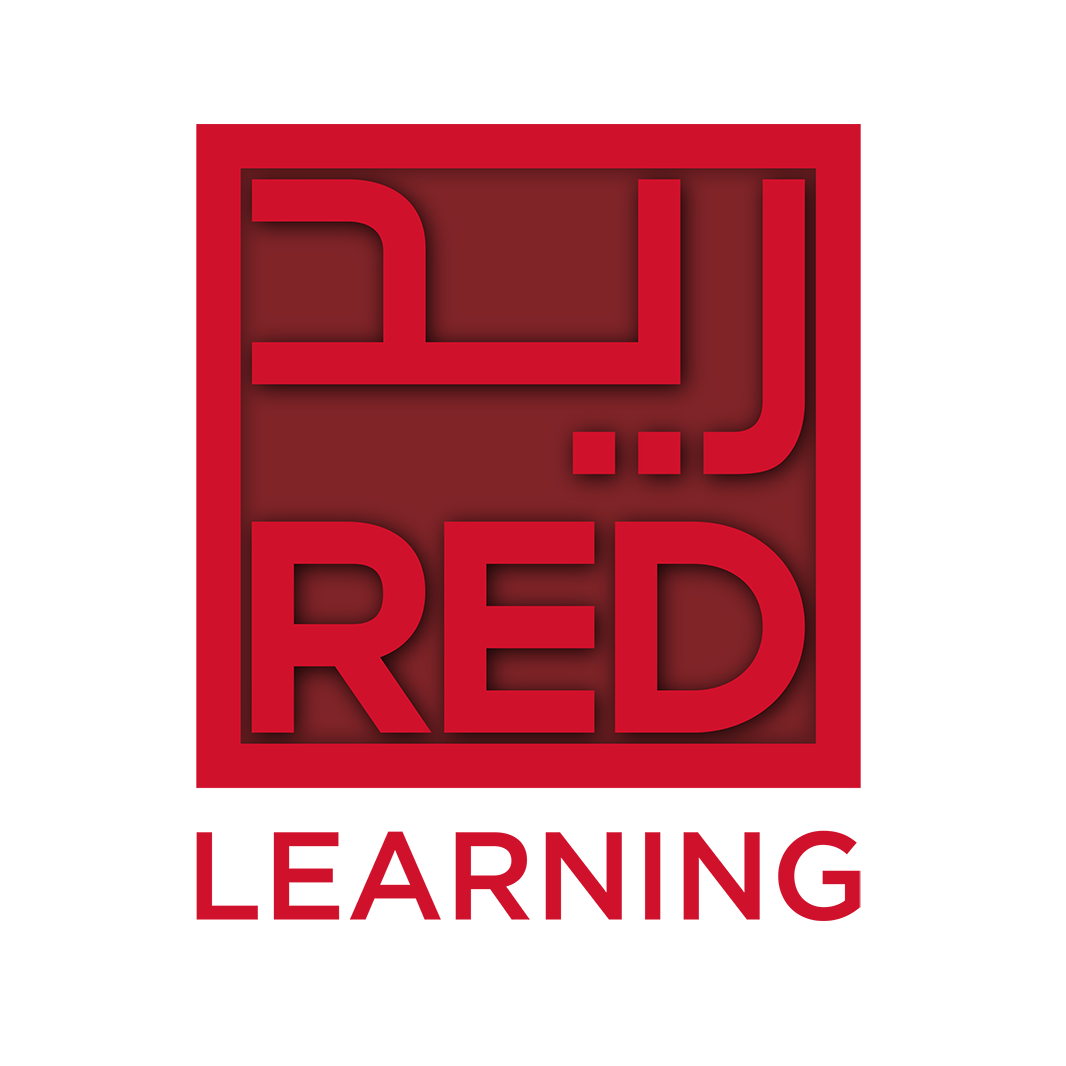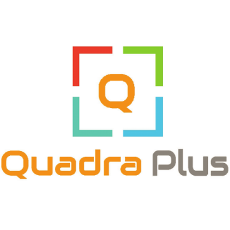The Project Management Professional (PMP) certification is a globally recognized credential that validates a professional's ability to manage projects effectively, ensuring successful outcomes and maximizing efficiency.

The Project Management Professional (PMP)® certification is one of the top-paying certifications, and project managers who complete this certification are likely to earn in the region of 20% more than those without.
In this training course, you will gain the essential preparation needed to pass the PMP and CAPM® exams. Concentrating on exam content from A Guide to the Project Management Body of Knowledge, (PMBOK®Guide) - Sixth Edition and other sources, this course includes a wide variety of learning tools, practice questions, study aids, and post-learning resources all using Project Management Institute (PMI) terminology.
Certification Body:
Project Management Institute, USA
Target Audience
Associate project managers, project managers, IT project managers, project coordinators, project analysts, project leaders, senior project managers, team leaders, product managers, program managers, project sponsors, Engineers, project team or anyone seeking the PMP or CAPM certification.
Eligibility
• A four-year degree
• 36 months leading projects
• 35 hours of project management education/training or CAPM® Certification
— OR —
• A high school diploma or an associate degree (or global equivalent)
• 60 months leading projects
• 35 hours of project management education/training or CAPM® Certification
Course Content
Domain I People—42%
Task 1 Manage conflict
• Interpret the source and stage of the conflict
• Analyse the context for the conflict
• Evaluate/recommend/reconcile the appropriate conflict resolution solution
Task 2 Lead a team
• Set a clear vision and mission
• Support diversity and inclusion (e.g., behaviour types, thought process)
• Value servant leadership (e.g., relate the tenets of servant leadership to the team)
• Determine an appropriate leadership style (e.g., directive, collaborative)
• Inspire, motivate, and influence team members/stakeholders (e.g., team contract, social contract, reward system)
• Analyse team members and stakeholders’ influence
• Distinguish various options to lead various team members and stakeholders
Task 3 Support team performance
• Appraise team member performance against key performance indicators
• Support and recognize team member growth and development
• Determine appropriate feedback approach
• Verify performance improvements
Task 4 Empower team members and stakeholders
• Organize around team strengths
• Support team task accountability
• Evaluate demonstration of task accountability
• Determine and bestow level(s) of decision-making authority
Task 5 Ensure team members/stakeholders are adequately trained
• Determine required competencies and elements of training
• Determine training options based on training needs
• Allocate resources for training
• Measure training outcomes
Task 6 Build a team
• Appraise stakeholder skills
• Deduce project resource requirements
• Continuously assess and refresh team skills to meet project needs
• Maintain team and knowledge transfer
Task 7 Address and remove impediments, obstacles, and blockers for the team
• Determine critical impediments, obstacles, and blockers for the team
• Prioritize critical impediments, obstacles, and blockers for the team
• Use network to implement solutions to remove impediments, obstacles, and blockers for the team
• Re-assess continually to ensure impediments, obstacles, and blockers for the team are being addressed
Task 8 Negotiate project agreements
• Analyse the bounds of the negotiations for agreement
• Assess priorities and determine ultimate objective(s)
• Verify objective(s) of the project agreement is met
• Participate in agreement negotiations
• Determine a negotiation strategy
Task 9 Collaborate with stakeholders
• Evaluate engagement needs for stakeholders
• Optimize alignment between stakeholder needs, expectations, and project objectives
• Build trust and influence stakeholders to accomplish project objectives
Task 10 Build shared understanding
• Break down situation to identify the root cause of a misunderstanding
• Survey all necessary parties to reach consensus
• Support outcome of parties' agreement
• Investigate potential misunderstandings
Task 11 Engage and support virtual teams
• Examine virtual team member needs (e.g., environment, geography, culture, global, etc.)
• Investigate alternatives (e.g., communication tools, colocation) for virtual team member engagement
• Implement options for virtual team member engagement
• Continually evaluate effectiveness of virtual team member engagement
Task 12 Define team ground rules
• Communicate organizational principles with team and external stakeholders
• Establish an environment that fosters adherence to the ground rules
• Manage and rectify ground rule violations
Task 13 Mentor relevant stakeholders
• Allocate the time to mentoring
• Recognize and act on mentoring opportunities
Task 14 Promote team performance through the application of emotional intelligence
• Assess behaviour through the use of personality indicators
• Analyse personality indicators and adjust to the emotional needs of key project stakeholders
Domain II Process—50%
Task 1 Execute project with the urgency required to deliver business value
• Assess opportunities to deliver value incrementally
• Examine the business value throughout the project
• Support the team to subdivide project tasks as necessary to find the minimum viable product
Task 2 Manage communications
• Analyse communication needs of all stakeholders
• Determine communication methods, channels, frequency, and level of detail for all stakeholders
• Communicate project information and updates effectively
• Confirm communication is understood and feedback is received
Task 3 Assess and manage risks
• Determine risk management options
• Iteratively assess and prioritize risks
Task 4 Engage stakeholders
• Analyse stakeholders (e.g., power interest grid, influence, impact)
• Categorize stakeholders
• Engage stakeholders by category
• Develop, execute, and validate a strategy for stakeholder engagement
Task 5 Plan and manage budget and resources
• Estimate budgetary needs based on the scope of the project and lessons learned from past projects
• Anticipate future budget challenges
• Monitor budget variations and work with governance process to adjust as necessary
• Plan and manage resources
Task 6 Plan and manage schedule
• Estimate project tasks (milestones, dependencies, story points)
• Utilize benchmarks and historical data
• Prepare schedule based on methodology
• Measure ongoing progress based on methodology
• Modify schedule, as needed, based on methodology
• Coordinate with other projects and other operations
Task 7 Plan and manage quality of products/deliverables
• Determine quality standard required for project deliverables
• Recommend options for improvement based on quality gaps
• Continually survey project deliverable quality
Task 8 Plan and manage scope
• Determine and prioritize requirements
• Break down scope (e.g., WBS, backlog)
• Monitor and validate scope
Task 9 Integrate project planning activities
• Consolidate the project/phase plans
• Assess consolidated project plans for dependencies, gaps, and continued business value
• Analyse the data collected
• Collect and analyse data to make informed project decisions
• Determine critical information requirements
Task 10 Manage project changes
• Anticipate and embrace the need for change (e.g., follow change management practices)
• Determine strategy to handle change
• Execute change management strategy according to the methodology
• Determine a change response to move the project forward
Task 11 Plan and manage procurement
• Define resource requirements and needs
• Communicate resource requirements
• Manage suppliers/contracts
• Plan and manage procurement strategy
• Develop a delivery solution
Task 12 Manage project artifacts
• Determine the requirements (what, when, where, who, etc.) for managing the project artifacts
• Validate that the project information is kept up to date (i.e., version control) and accessible to all stakeholders
• Continually assess the effectiveness of the management of the project artifacts
Task 13 Determine appropriate project methodology/methods and practices
• Assess project needs, complexity, and magnitude
• Recommend project execution strategy (e.g., contracting, finance)
• Recommend a project methodology/approach (i.e., predictive, agile, hybrid)
• Use iterative, incremental practices throughout the project life cycle (e.g., lessons learned, stakeholder engagement, risk)
Task 14 Establish project governance structure
• Determine appropriate governance for a project (e.g., replicate organizational governance)
• Define escalation paths and thresholds
Task 15 Manage project issues
• Recognize when a risk becomes an issue
• Attack the issue with the optimal action to achieve project success
• Collaborate with relevant stakeholders on the approach to resolve the issues
Task 16 Ensure knowledge transfer for project continuity
• Discuss project responsibilities within team
• Outline expectations for working environment
• Confirm approach for knowledge transfers
Task 17 Plan and manage project/phase closure or transitions
• Determine criteria to successfully close the project or phase
• Validate readiness for transition (e.g., to operations team or next phase)
• Conclude activities to close out project or phase (e.g., final lessons learned, retrospective, procurement, financials, resources)
Domain III Business Environment—8%
Task 1 Plan and manage project compliance
• Confirm project compliance requirements (e.g., security, health and safety, regulatory compliance)
• Classify compliance categories
• Determine potential threats to compliance
• Use methods to support compliance
• Analyze the consequences of noncompliance
• Determine necessary approach and action to address compliance needs (e.g., risk, legal)
• Measure the extent to which the project is in compliance
Task 2 Evaluate and deliver project benefits and value
• Investigate that benefits are identified
• Document agreement on ownership for ongoing benefit realization
• Verify measurement system is in place to track benefits
• Evaluate delivery options to demonstrate value
• Appraise stakeholders of value gain progress
Task 3 Evaluate and address external business environment changes for impact on scope
• Survey changes to external business environment (e.g., regulations, technology, geopolitical, market)
• Assess and prioritize impact on project scope/backlog based on changes in external business environment
• Recommend options for scope/backlog changes (e.g., schedule, cost changes)
• Continually review external business environment for impacts on project scope/backlog
Task 4 Support organizational change
• Assess organizational culture
• Evaluate impact of organizational change to project and determine required actions
• Evaluate impact of the project to the organization and determine required actions
Established in 2018, SPMC Management Consultancy LLC is a beacon of excellence in the learning community. We understand the ever-increasing competitiveness of the job market and the paramount importance of continual upskilling. Motivated by this, we offer an innovative and diverse range of training courses and consulting services designed to propel individuals and businesses to the forefront of their industries.
Why Choose SPMC?
Our Mission: To provide an outstanding learning experience that equips individuals with essential skills, enriches their well-being, and fosters professional growth. We are dedicated to staying at the cutting edge of industry standards through continuous innovation.
We Ensure:
Our Offerings:
Join us at SPMC Management Consultancy LLC and embark on a journey of personal and professional transformation. Empower yourself with the skills and knowledge to thrive in today's competitive landscape.
(Institute Review)
55 years ago(Institute Review)
55 years ago
This course will teach you about project life-cycle management, project management framework, risk, cost, time, quality management, cost and communication management involved in a project.


This course will prepare you for the PMP certification exam. It provides a 60-day road map especially crafted to help you achieve your PMP qualification.

Obtain your PMP (Project Management Professional) qualification with YourOwn Institute of Training and Professional Development by studying and learning all the relevant exam materials through this training.

PMP exam preparation program is offered by Quadra Plus to help aspiring individuals who wish to claim PMP certification. This program is aligned with PMI Standard- PMBOK 6th Edition with a duration of 5-weekends. You will receive full suppo

This course spanning nearly 35 hours will teach you about the core underlying principles, concepts and techniques of project management as per the PMP guidelines. You will be introduced to the content and other related aspects of the PMP exa
© 2025 www.coursetakers.ae All Rights Reserved. Terms and Conditions of use | Privacy Policy